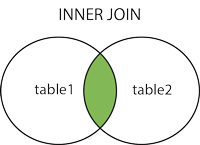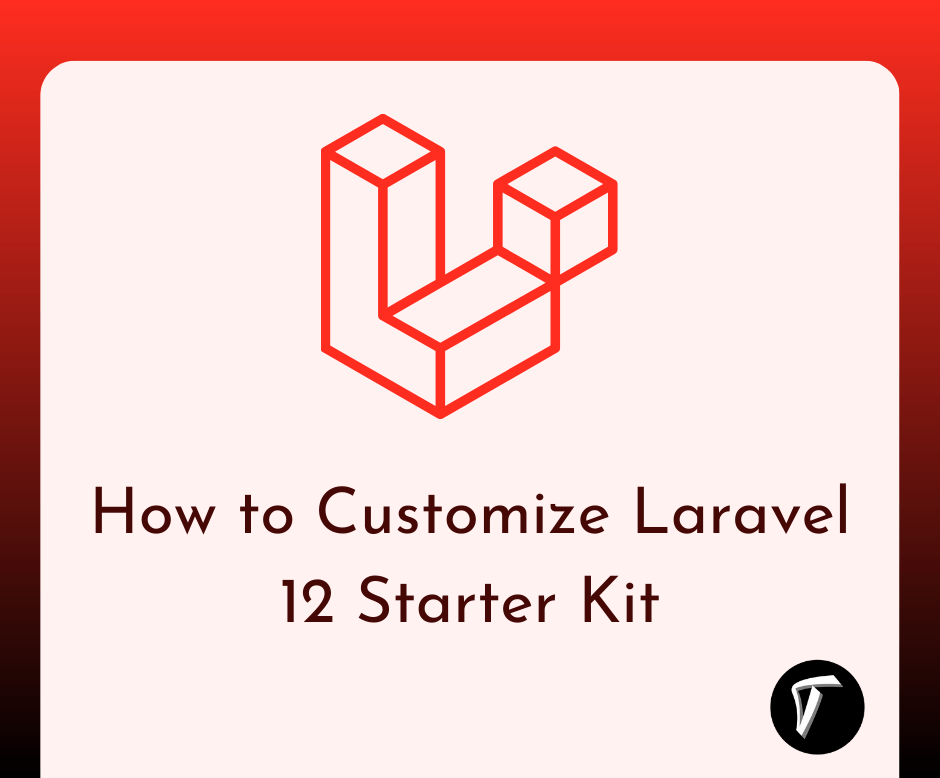Laravel 8 Inner Join Query Example
In this article, we will learn about laravel 8 inner join query example. Also, see how to join two tables in laravel 8. In laravel you can use group by query same as PHP. So, we will also see a query of laravel inner join with the group by. The query builder may also be used to add join clauses to your queries. To perform a basic "inner join", you may use the join method on a query builder instance.
For laravel inner join query example we need the first argument passed to the join method is the name of the table you need to join to, while the remaining arguments specify the column constraints for the join. You may even join multiple tables in a single query and inner join query use in laravel 6, laravel 7, laravel 8.
So, let's see an example of inner join in laravel 8.

In this example, we will create users table and countries table. I will add the country_id foreign key to the user's table. So, when I get users at that time we will get the country name from country_id using an inner join.
SELECT column_name(s)
FROM table1
INNER JOIN table2
ON table1.column_name = table2.column_name;
select `users`.`id`, `users`.`name`, `users`.`email`, `countries`.`name` as `country_name`
from `users`
inner join `countries` on `countries`.`id` = `users`.`country_id`
In this example select data like id, name email, and country name but if you want all fields then you can use * to select all data.
public function index()
{
$users = User::select('users.id', 'users.name', 'users.email', 'countries.name as country_name')
->join('countries', 'countries.id', '=', 'users.country_id')
->get();
}
Using DB:
use Illuminate\Support\Facades\DB;
$users = DB::table('users')
->join('contacts', 'users.id', '=', 'contacts.user_id')
->join('orders', 'users.id', '=', 'orders.user_id')
->select('users.*', 'contacts.phone', 'orders.price')
->get();
In this example, we will retrieve a collection of users where each user record also contains the created_at timestamp of the user's most recently published blog post.
$posts = DB::table('posts')
->select('user_id', DB::raw('MAX(created_at) as last_post_created_at'))
->where('is_published', true)
->groupBy('user_id');
Now, I will give example about joining 3 tables in laravel and all tables are connected with each other.
$users = User::join('posts', 'posts.user_id', '=', 'users.id')
->join('comments', 'comments.post_id', '=', 'posts.id')
->get(['users.*', 'posts.descrption']);
You might also like:
- Read Also: How To Search Comma Separated Values In Laravel
- Read Also: How To Force Redirect HTTP To HTTPS In Laravel
- Read Also: How To Export CSV File In Laravel Example
- Read Also: Laravel 8 Datatables Filter with Dropdown








